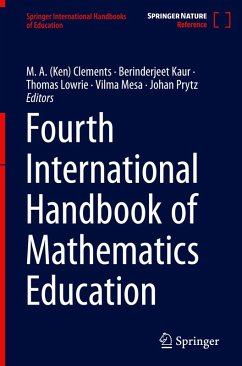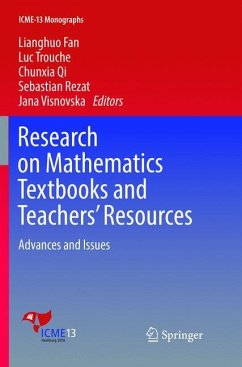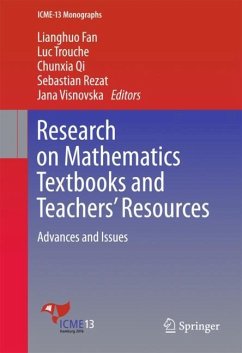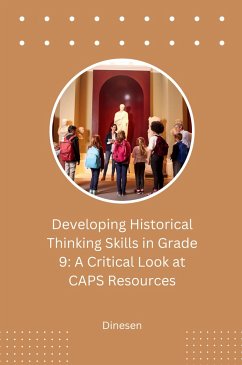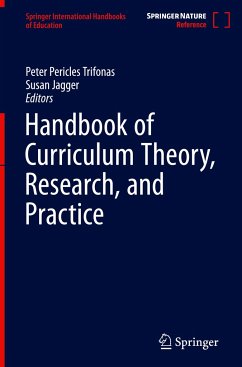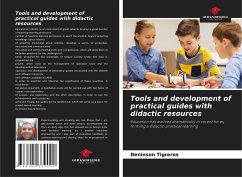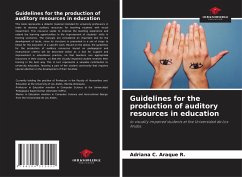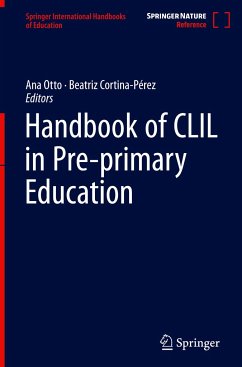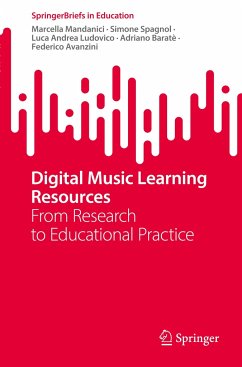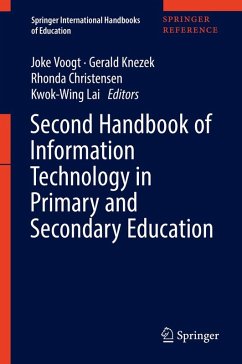Birgit Pepin, professor (emeritus), Eindhoven University of Technology, The Netherlands & visiting professor, Norwegian University of Science & Technology, Norway Birgit Pepin (born in Germany) has worked as a mathematics teacher and teacher educator/professor in mathematics education for nearly 40 years, in England, Norway and The Netherlands. Since June 2023 she is retired (in the Netherlands) and is now working as visiting professor in Norway. Her work and research have always linked to her international background. Her research focusses on teacher and student interaction with mathematics curriculum resources (including digital resources), teacher (curriculum) design capacity and pedagogy, and student learning in innovative environments, especially in higher mathematics education and upper secondary schooling. She has published widely in the field of (e-) curriculum resources, and teacher and student appropriation of such resources for mathematics teaching and learning, in prestigious journals (e.g., Educational Studies in Mathematics, Journal of Mathematics Teacher Education, ZDM Mathematics Education, British Education Research Journal, International Journal for Research in Undergraduate Mathematics Education, Research in Science & Technological Education, European Journal of Engineering Education, International Journal of Educational Research, Research in Mathematics Education). Her research and development projects have been carried out with support from agencies including the UK Economic and Social Research Council (ESRC), the European Union (5 EU projects), and selected Dutch national funding agencies (e.g. 4TU CEE). Birgit has been Editor-in-Chief of an international research journal ( International Journal for Research and Method in Education), and she has edited several books and special issues of international mathematics education journals (e.g., ZDM Mathematics Education; Journal for Mathematics Teacher Education; International Journal for Undergraduate Mathematics Education). Moreover, she has been on numerous international boards (e.g. DZLM-Deutsches Zentrum fuer Lehrerbildung Mathematik; British Society for Research into Learning Mathematics). Ghislaine Gueudet, professor, University Paris Saclay, UR Etudes sur les Sciences et les Techniques, France Ghislaine Gueudet is professor in mathematics education at the University Paris-Saclay, France (Research Unit ' Etudes sur les Sciences et les Techniques ', www.est.universite-paris-saclay.fr/index.php/sample-page/privacy-policy/gueudet-ghislaine/) since September 2021, and was previously professor at the University of Brest (France). She is presently the director of EST, whose research concerns mathematics and science education, and the history of mathematics and science. She directed 12 PhDs in mathematics education defended since 2010, and published more than 40 articles in international research journals. One of her research subjects concerns the interactions between teachers and resources, digital resources in particular. With her colleagues Luc Trouche and Birgit Pepin, she developed the Documentational Approach to Didactics: a theoretical approach allowing to analyse the interactions between teachers and the resources they use and design for their teaching of mathematics, and the consequences of these interactions in terms of professional development in particular. Together they co-edited two collective books concerning this approach, and published more than twenty journal articles and book chapters. Ghislaine Gueudet studied the teaching and learning of mathematics with digital resources in many different contexts. With Sylvaine Besnier (France), she studied the orchestration of digital resources by Kindergarten teachers for their teaching of number. Within a research group conducted by Chantal Buteau (Canada), she studied how University Students learn programming for mathematical investigations. Since 2021 her research focuses on University Mathematics Education; she has been co-editor-in-chief of the "International Journal for Research in Undergraduate Mathematics Education" between 2019 and 2023. Jeffrey Choppin, professor, University of Rochester, USA Jeffrey Choppin has been in mathematics education for over 35 years, as a secondary school mathematics teacher in Washington DC for 12 years and the last 20 years as a professor in mathematics education at the University of Rochester. His research interests have focused on the nature of classroom discourse, the interaction between teachers and curriculum materials, the impact of educational policy on classroom practice, and the professional development of mathematics teachers. Recently he has served as a principal investigator (PI) on several US National Science Foundation (NSF) funded research projects, two of which focused on supporting mathematics teachers and coaches in rural contexts in the US, while a third focused on a sustained implementation of an ambitious mathematics program in a high-need context. In past NSF-funded research projects, Choppin explored the features of curriculum materials, how those features influenced teachers' planning and instructional practices, and what teachers learned from using curriculum materials with innovative features. His work has appeared in Journal of Mathematics Teacher Education, Mathematical Thinking and Learning, ZDM Mathematics Education, Action in Teacher Education, Educational Policy, Mathematics Education Research Journal, and Curriculum Inquiry, in addition to serving on the editorial boards for Mathematical Thinking and Learning and the Elementary School Journal. He has also served in senior leadership positions for PME-NA and the Special Interest Group for Research in Mathematics Education.





